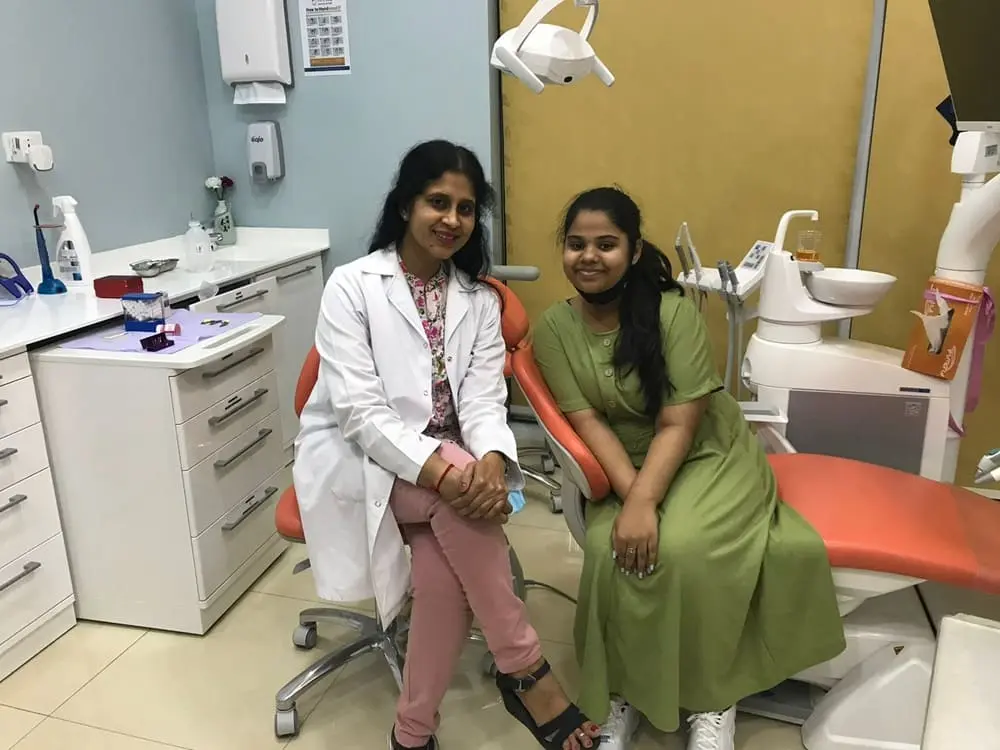

Having misaligned teeth can affect more than just your smile; it can also impact your oral hygiene. Proper care is essential for maintaining good oral health and ensuring your teeth and gums stay healthy. In this article, we will discuss practical tips for caring for misaligned teeth, enhancing your oral hygiene routine, and improving your overall dental health.
Misaligned teeth, also known as malocclusion, occur when your teeth do not fit together correctly. This condition can arise from various factors, including genetics, thumb sucking, or injury. Misalignment can lead to problems such as tooth decay, gum disease, and jaw pain. Therefore, it’s crucial to take steps to care for your teeth effectively.
The cornerstone of proper oral hygiene is brushing. Use a soft-bristled toothbrush and fluoride toothpaste. Brush for at least two minutes, ensuring you cover all surfaces of your teeth, especially the areas between misaligned teeth. A timer can help you stay on track.
Flossing is essential for removing plaque and food particles stuck between teeth. For those with misaligned teeth, it may be challenging to reach certain areas. Use dental floss or a floss pick designed for hard-to-reach spaces. Consider using an interdental brush for extra cleaning.
Using an antibacterial mouthwash as a rinse can help lessen bacteria and plaque. Choose a mouthwash with fluoride to strengthen your enamel. Swish it around your mouth for at least 30 seconds after brushing and flossing.
Opt for a toothbrush that suits your needs. Electric toothbrushes can be more effective for some people, as they offer consistent pressure and often include built-in timers.
Always choose toothpaste with fluoride. This mineral helps to remineralize your enamel, making it stronger against decay.
Interdental brushes can be more effective than traditional floss for cleaning between misaligned teeth. These small brushes fit between teeth, making it easier to remove plaque.
Regular dental visits are crucial for maintaining oral health, especially for those with misaligned teeth. Your dentist can identify potential problems early, provide professional cleanings, and offer personalized advice. Try to schedule examinations every six months, or as your dentist may advise.
If your misalignment is significant, you may want to explore orthodontic options. Here are a few common treatments:
Traditional metal braces are a popular option for correcting misaligned teeth. They consist of brackets and wires that gradually shift teeth into the correct position.
Invisalign and other clear aligners are a covert substitute for regular braces. They are removable and often more comfortable, making them a popular choice among adults.
After braces or aligner treatment, wearing a retainer is crucial to maintaining your new smile. Your dentist will provide specific instructions on how often to wear it.
Diet plays a significant role in oral hygiene. Here are some dietary tips for those with misaligned teeth:
Sugar feeds the bacteria that cause tooth decay. Limit your intake of soda, candy, and other high-sugar snacks. After indulging, wash your mouth with water.
Select fruits and vegetables that are good for your teeth. Crunchy fruits like apples and vegetables like carrots can help clean your teeth while you eat.
Getting lots of water aids in removing bacteria and food particles from the body. Additionally, it encourages the production of saliva, which is necessary to balance the acids in your mouth.
Certain habits can negatively affect your oral health, especially if you have misaligned teeth. Here are a few to be aware of:
Biting your nails can put unnecessary pressure on your teeth, leading to further misalignment or damage. Find alternative ways to manage stress, like squeezing a stress ball.
Smoking harms your gums and can lead to tooth decay. If you smoke, consider seeking support to help you quit for better overall health.
Consult a dentist about a mouthguard if you grind your teeth at night. This device can protect your teeth from wear and prevent jaw pain.

Caring for misaligned teeth requires a commitment to good oral hygiene and regular dental visits. By establishing a consistent routine, choosing the right dental products, and considering orthodontic treatments, you can significantly improve your oral health. Additionally, modifying your diet and being mindful of your habits can make a big difference. Recall that preserving your general health depends on taking good care of your teeth. With dedication and the right approach, you can achieve a healthier smile!